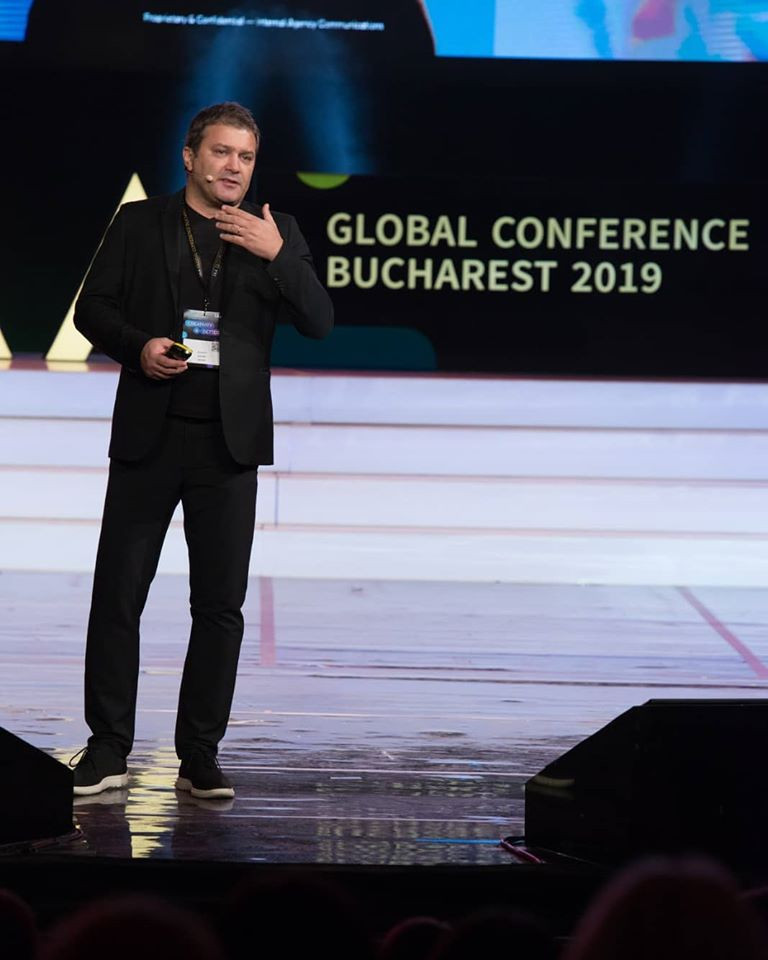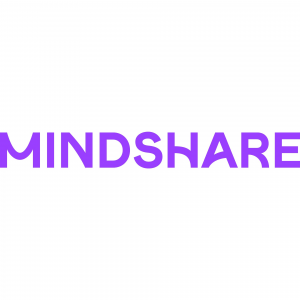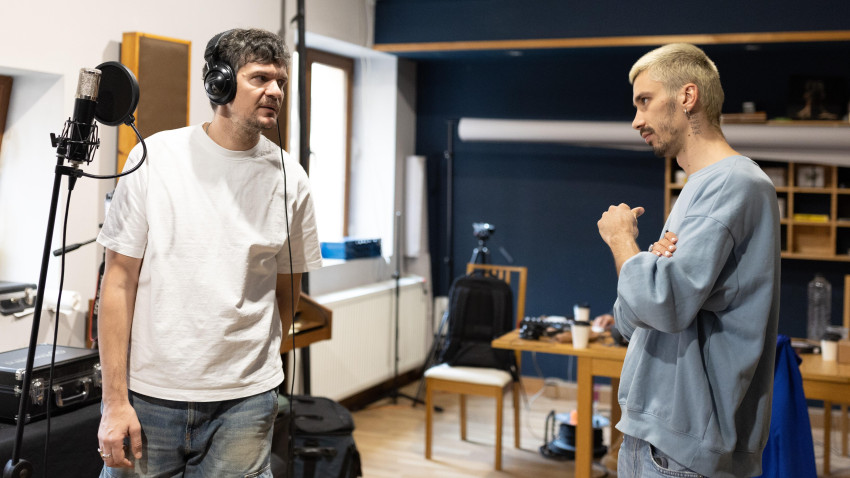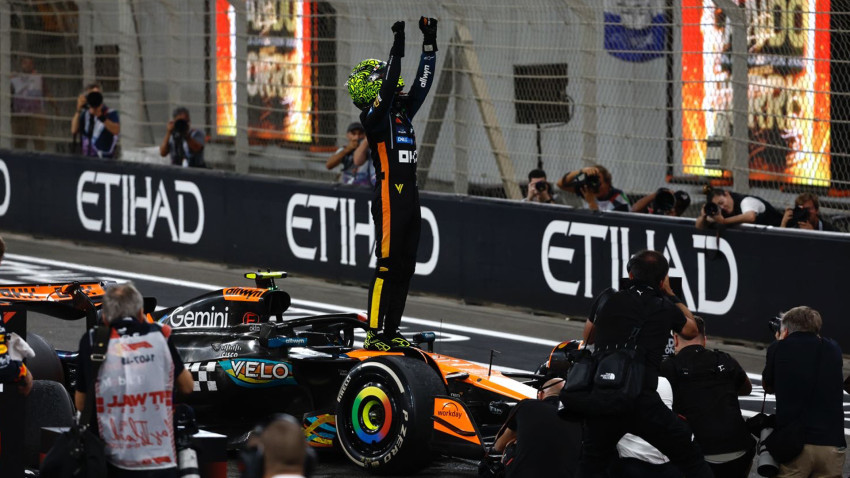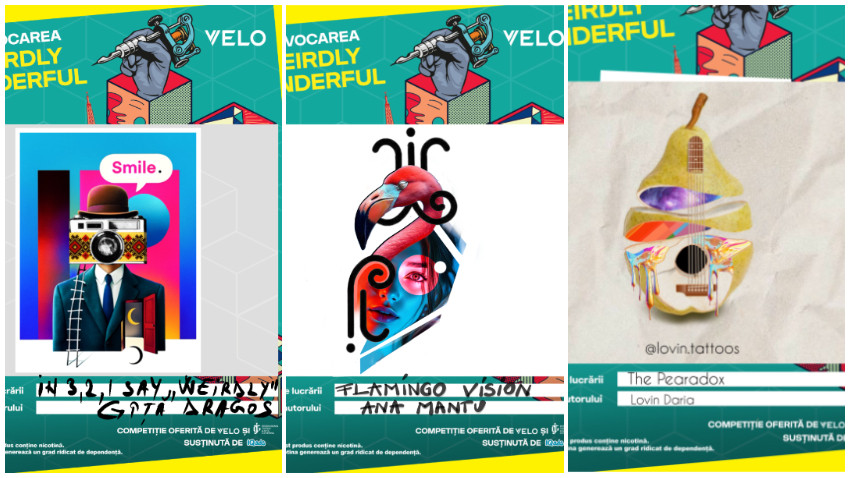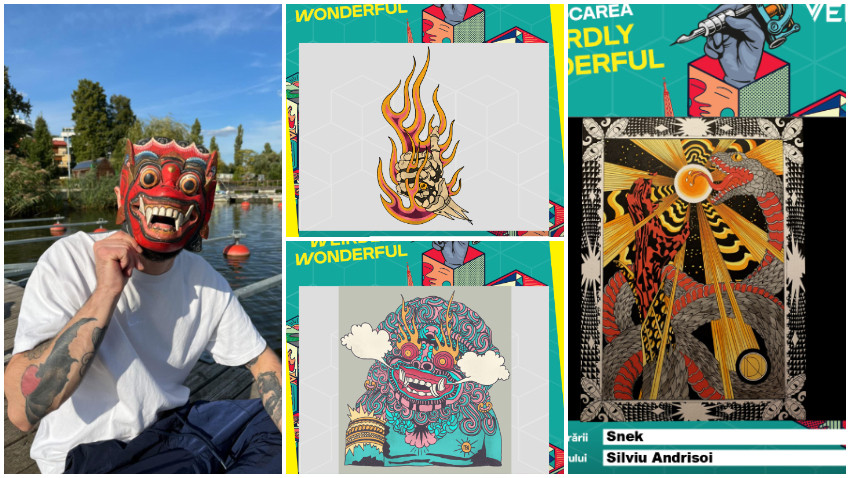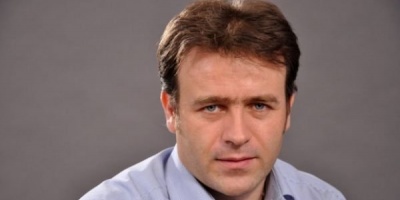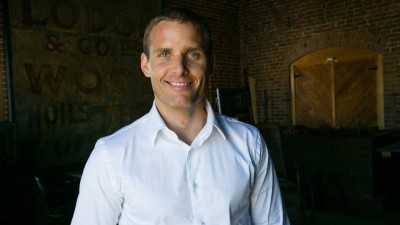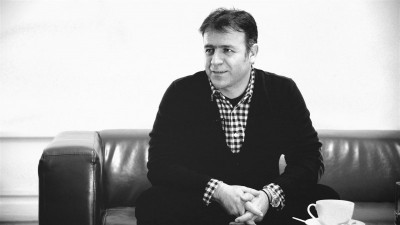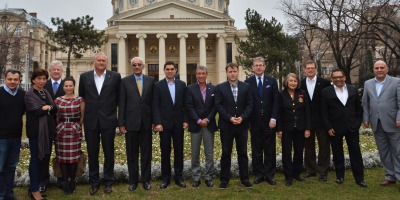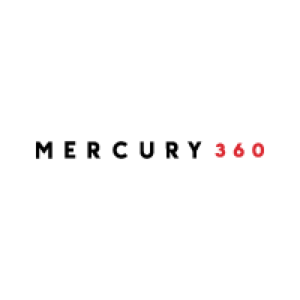We live in a Transformation Era, as per Nüzhet Algüneş. It's a new culture and a new reality and brands need to understand the needs of their audiences and their cocktail identities. He talked about this Brave New World in his presentation at IAA Global Conference „Creativity4Better” and in our short interview that followed.
Nüzhet Algüneş studied economics at Bogazici University, worked for seven years at Unilever, was Senior Vice President of Universal Music and returned to marketing and communications, taking on roles in international agencies such as Mindshare, Mobilera, OMD, BPN. He currently works at TBWA Istanbul and is a lecturer on Media Planning and Interactive Marketing at Istanbul Bilgi University.
Audiences are worried about the future of the world and when they are choosing a product, they are comparing brands. And they choose the brand that cares about our society and our Earth.
But what has changed? Didn't people care about Earth 10 years ago? Nüzhet Algüneş says that we were not exposed to the major problems then. But we are seeing them now. And this is the biggest change of the Transformation Era.
The future of the world
60% of the total revenue that is generated in our business has been made by private corporations. So, it's not about having a social responsability as a part of our marketing plan. Audiences, especially Generation Y and Generation Z, are worried about the future of the world and when they are choosing a product, they are comparing brands. And they choose the brand that cares about our society and our Earth. That's a global trend.
But what changed?, you asked. Ten years ago didn't people care? They cared. They all cared. But the point is we didn't have these world problems. Global warming was not an issue. Poverty was in Africa and Asia. We were not seeing these major problems. We were not exposed to them.
We are seeing things today and they are triggering us to make something good.
It's painful
If we are calling this a Transformation Era, we need to accept one thing. People have changed radically, but brands haven't been able to. And media hasn't been able to. These are the problems of 2019.
One quick example: the cocktails identities. I might be a businessman now and in the weekends I might be a football hooligan. I might not be acting on the internet as I'm acting on the ground. And these cocktail identies influence the research. So, it's different now. People changed dramatically and we need to understand their needs.
One thing I am seeing is that there are limited amounts of big bangs campaigns. Previously, we had something big in every quarter. Four pillars would be enough and in between some sales campaigns. But that has changed. Right now, it's always on. And there is no loyalty. You need to convince your audiences every day. With a story, with a product, with something. And it's a challenge for brands.
Audiences have changed, we need to change. It's painful.
Data and media
The idea is at the core. Still. But how we go for that idea changes. Nowadays we try to find more and more ways to feed our strategy and creative people more data. So that they could try and improve the understanding of the audience. When we say data we think about algorithms and platforms, but sometimes it's just basic research.
On the media side, it's a total different field. In the coming years I expect more and more brands to take their media operations in house, it's a global trend, and the structure would be like: in house media operations, some consultancies on technology and data and creative agencies handling everything else, from social media to TV copy.
It's about the transition. It's getting sharper and sharper everyday and the brands realise that they cannot move on with the current formula. But these changes that we see at conferences are just the tip of the iceberg. The majority of brands are still stuck with the traditional ways of doing things.
A new culture
We have the tendency to be fanatic about our ideas. For example, on Twitter, whenever a brand does something, people have the tendency to lynch the brand, to throw rocks at the brand, under different nicknames. And if you sit next to them, you say, ok, they are ordinary people. It's a new culture.
Until now, the industrial advertising ecosystem was communicating behind a glass. The glass was the TV. You could not do anything. Throw a slipper, maybe? Radio, cinema, outdoor. Onedirected and I don't care what you think. And now, with social media, it's a new world, a new culture. And brands should understand that people will throw rocks and it is a total democracy.
Commercials in Turkey
Advertising chose the fun part of the country. We love to laugh. And we love our celebrities. The percentage of celebrities usage is way too high, compared to other parts of the region. Advertising in Turkey is quite positive, looking for the fun part of life.



